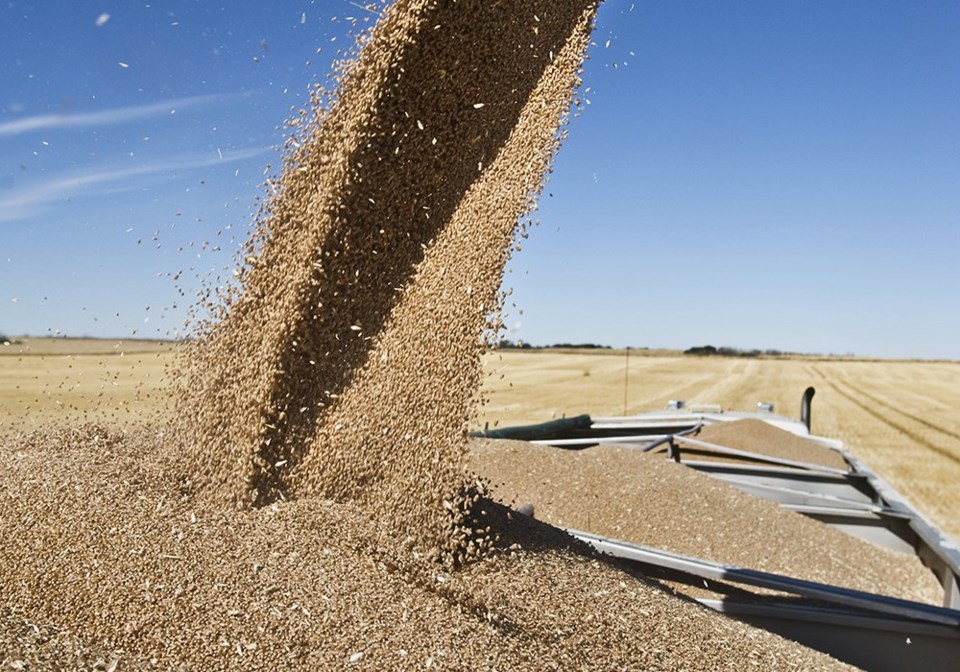When Canada chose to go its own way on genetically modified crops many years ago, it chose to regulate crop genetics by the results of the breeding, not how it was done.
If a new and novel trait is added to a genetic line, the Canadian Food Inspection Agency, as a part of Health Canada, examines that result and decides whether it poses a threat to the nation — both genetically and on a market basis.
The process is rooted in sound science. Much of the world has come to agree with it. Regulate the outcomes, not the path. The European Union, with its mixed bag of regulatory procedures that lean heavily toward satisfying urban voters and urban myths around agriculture and food science, remains an outlier.
But now the progress of Canadian rules for gene edited crops, which appeared so promising after recent rulings, seems to have moved from the public policy fast lane to the mud-ridden European-like side roads of Health Canada and Agriculture Canada.
It’s possibly because 15 groups recently signed a letter to the federal agriculture minister, lobbying her to block the rules recommended by Canadian bureaucrats that would stick to a science-based system of evaluating genetics regulation based on outcomes.
These groups argue that some international markets might not accept crops produced using technologies such as gene editing. And, if gene editing is used to create crops with improved genetics but not novel traits, these farmers might inadvertently grow them, spoiling their market access.
This call is coming from the organic industry, along with some anti-science and environmental groups and from the National Farmers Union. All told, they represent a small percentage of Canadian agricultural producers.
That isn’t to say they shouldn’t have their say, but it does beg some serious questions, such as why they would grow crop varieties and hybrids if they don’t know for a fact that they aren’t the product of gene editing.
Rather than requiring development of a list of gene edited crops, why would they not stick to using trusted genetics based on old-fashioned systems such as mutation breeding subject to marker selection and the like? If there is enough demand for specialty varieties, then growers could expect to attract breeders and seed growers that would serve their needs.
There are exceptions to the good-science rules used for registering crops already when it comes to market acceptance based on GM.
Adding more to this list won’t help Canadian agriculture grow bigger crops with fewer emissions, improved farm margins and sustainability for producers.
If the goal is to ensure that Canadian agriculture isn’t market competitive — which surely it is not — then this is one of the best ways to get there. Asking government to recognize anti-science reasoning so that one part of the sector can live without protecting its seed sources, or so that groups with other agendas can meet their donation goals by spreading myths about affordability and carbon efficiency, is ridiculous.
The government should get the science-based rules in place so Canada can lead, not follow, in global agriculture. Canada needs to attract investment in its research-based industries, not drive them away with unpredictable public policy.
Karen Briere, Bruce Dyck, Barb Glen and Mike Raine collaborate in the writing of Western Producer editorials.




